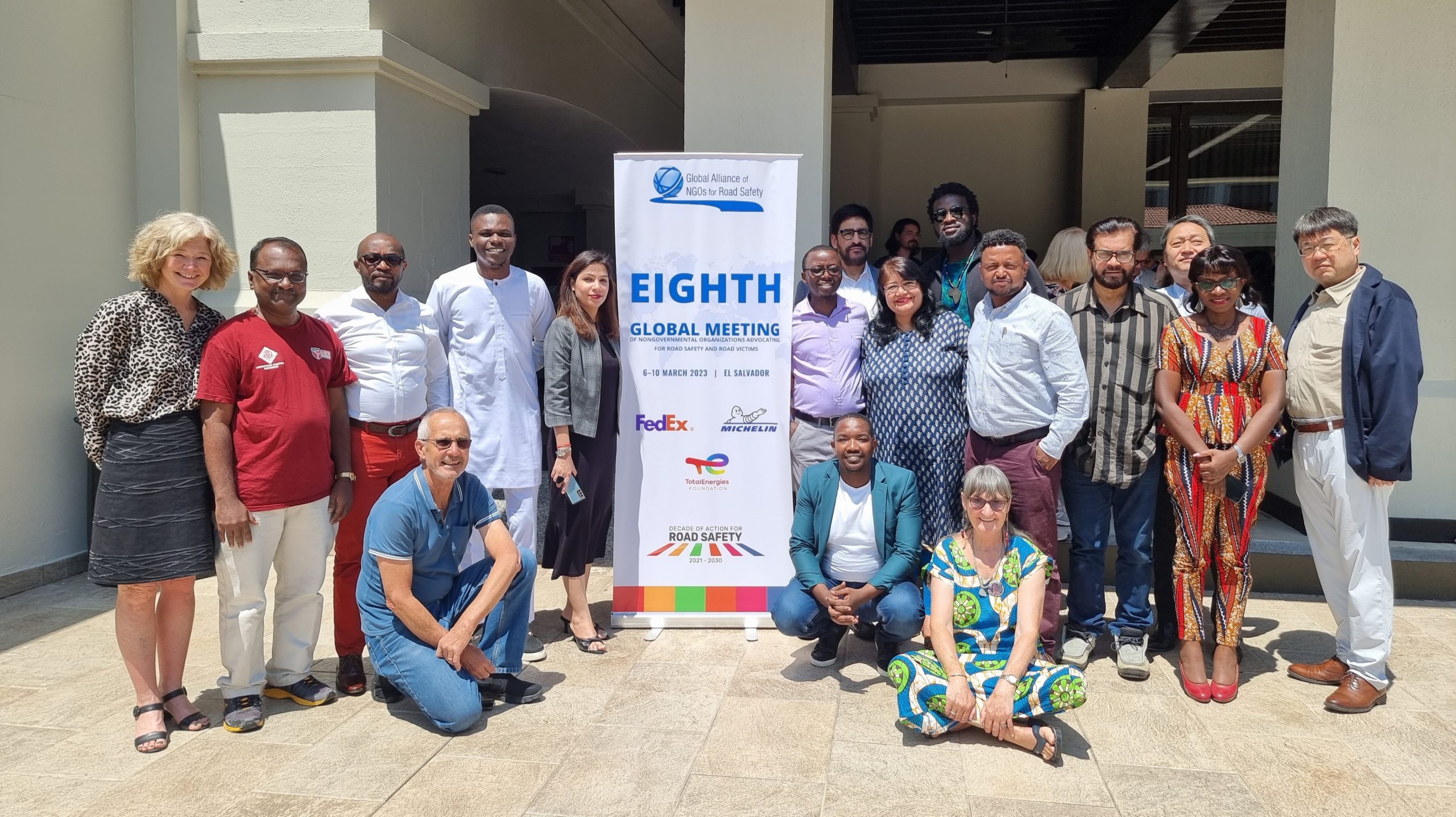
The Africa Chapter of the Global Alliance of NGOs for Road Safety, supported by the TotalEnergies Foundation, held its annual online meeting on 25 September 2024. During this meeting, members reviewed the capacity development of NGOs in Africa, drawing on the outcomes of the learning needs assessment conducted in 2020. This assessment identified key areas where NGOs required the most support in capacity building, including monitoring and evaluation to track progress and outcomes, resource pooling and collaboration with other road safety actors, reliable data collection and utilization, and engagement with policymakers.
Participants highlighted that strengthening their capacity in these areas has significantly enhanced their ability to deliver impactful contributions to road safety initiatives across Africa.
The meeting further focused on three thematic areas deemed crucial to enhancing the effectiveness of the Africa Chapter and increasing the capacity of NGOs to make meaningful contributions to road safety in the region:
Additionally, the meeting included a consultative session on the Africa Call to Action. This session provided NGOs with the opportunity to review and update the Call to Action, aiming to consolidate a unified civil society voice in promoting road safety across the region.
Members also shared testimonials on how the Alliance’s support has contributed to their growth over the past four years. According to Responsive Drivers Uganda, “Being a member of the Alliance has significantly increased our visibility and credibility since 2020. The Alliance has guided us in engaging both local and international partners and stakeholders effectively. Their rigorous training programs have enhanced our skills and provided us with practical tools, such as the Mobility Snapshots and the Alliance Accountability Toolkit. With these tools, we have been able to establish strategic engagements with the government of Gulu City, which was previously a challenge. Now, the local government is more attentive to road safety concerns, and we have successfully developed a proposal that received funding from UN-Habitat to support our initiatives.”
Similarly, the Road Safety Alert Foundation, Malawi, stated, “We started our NGO in 2016 without a clear understanding of how to advocate effectively. We lacked a reliable source of information to guide our efforts. After joining the Alliance in 2021, we benefited immensely from its capacity-building programs. We have witnessed a transformation in how we advocate with our government, leading to greater recognition and collaboration. The government now acknowledges our initiatives, including the implementation of a 30 km/h speed limit, which has been incorporated into the Malawi National Action Plan for Road Safety. Our affiliation with the Alliance has also brought us international recognition, enabling us to participate in larger projects funded by the European Investment Bank.”